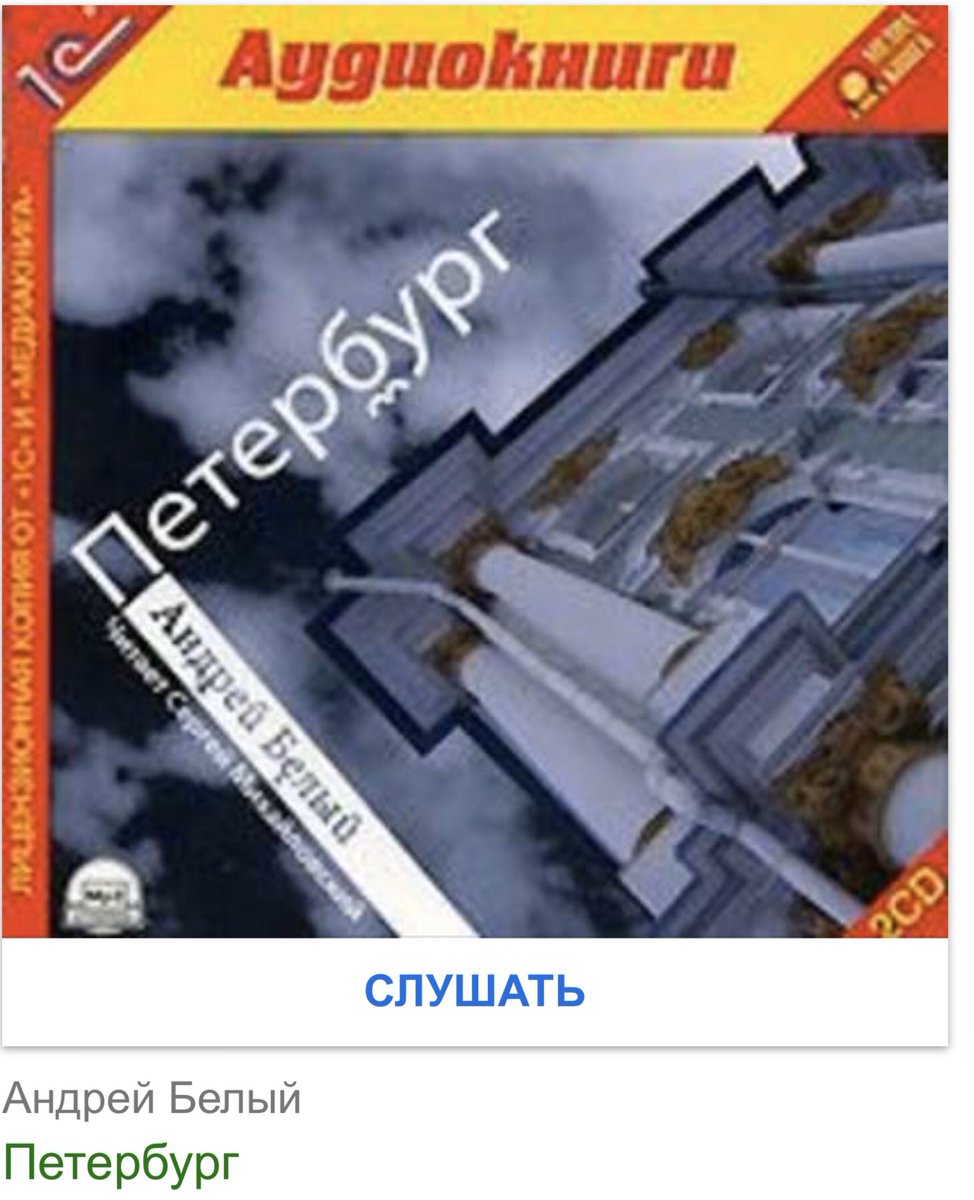
Then came , the time of our general emancipation, that was, of course, after 1956, after the Twentieth Congress.
A moot point. After all, Nabokov believed that this book, along with three others: Ulysses by Joyce, In Search of Lost Time by Proust and Kafka's
(In what follows several examples are given displaying the enormous role that stress or accent, which is extreme variable in Russian,











